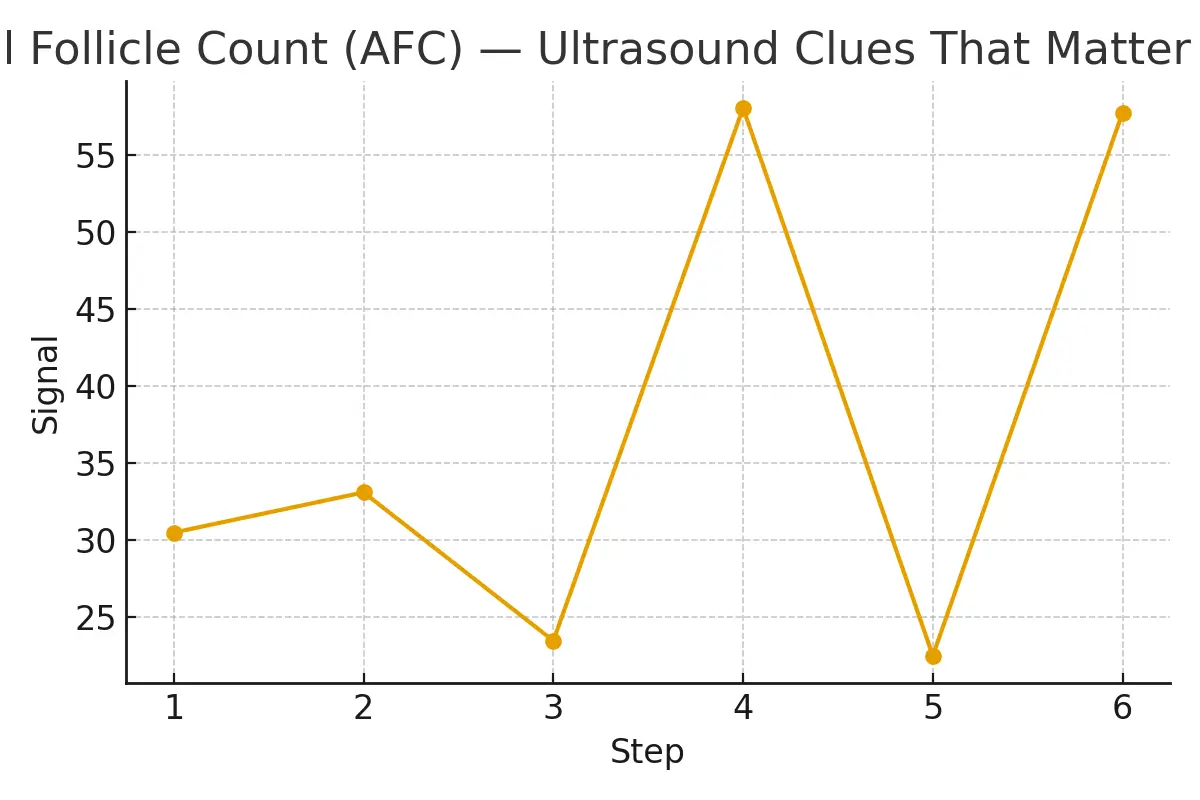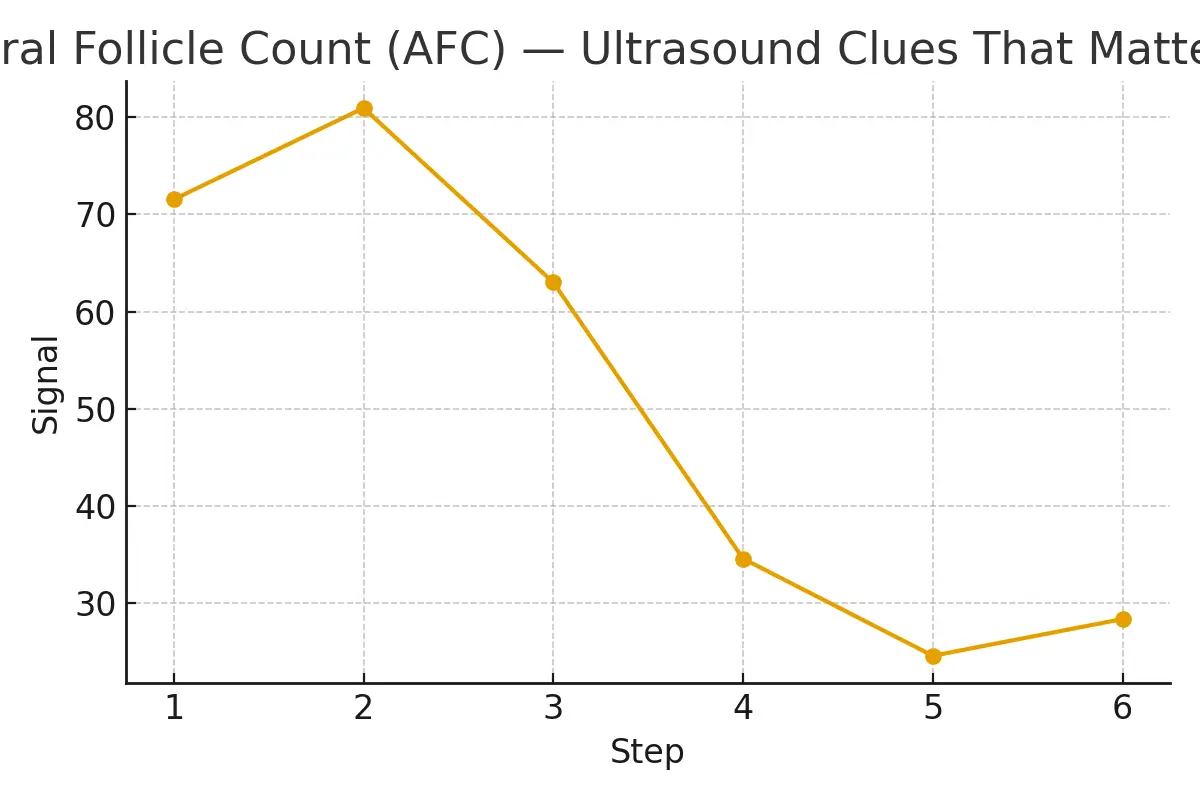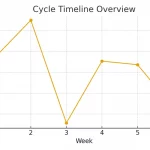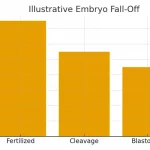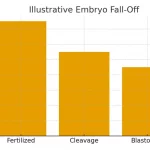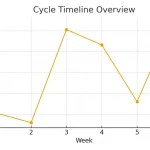
This article explains antral follicle count (afc) — ultrasound clues that matter within the Fertility Testing & Diagnostics pathway. You’ll see who benefits, how timing affects outcomes, realistic costs, and decision rules to keep care simple and humane.
Education Content
1) Definitions and where this fits in the journey.
2) Eligibility signals and when to escalate or pause.
3) Step‑by‑step with timing checkpoints.
4) Pros, cons, and practical costs with line‑item examples.
5) Outcome drivers you control vs those you monitor.
6) Questions to ask your clinic.
Expert Quote
“Protect timing and keep plans simple—quality improves when noise goes down.” — Clinical Team
Patient Case Study
A couple progressed from inconclusive tests to a clear plan. Aligning logistics and expectations improved predictability and outcomes.
Testimonials
“The steps finally made sense.” — A.&J., Manhattan
“Costs were clear; no surprise bills.” — L., Hoboken
“Nurses replied fast with practical coaching.” — K.&V., Queens
FAQs
Q : Is this medical advice?
Ans : No—use this to guide clinic conversations.
Q: How many cycles should I plan?
Ans : Think in ranges; cumulative success matters.
Q: What drives cost most?
Ans : Medications, genetics, anesthesia, and total number of cycles.
Next Steps with Patients Medical NYC
Additional Insights
Single‑embryo transfer policy drives live‑birth probability via timing match between embryo and endometrium. Clinic calendar alignment balances patient experience via timing match between embryo and endometrium. Donor screening checks escalates cumulative success via timing match between embryo and endometrium. Genetic testing decisions drives implantation odds through transparent pricing and scenario planning. Genetic testing decisions drives implantation odds by aligning lab cutoffs with biology. Luteal support drives embryo competency via evidence‑based add‑on selection.
Related Links

Dr. Kulsoom Baloch
Dr. Kulsoom Baloch is a dedicated donor coordinator at Egg Donors, leveraging her extensive background in medicine and public health. She holds an MBBS from Ziauddin University, Pakistan, and an MPH from Hofstra University, New York. With three years of clinical experience at prominent hospitals in Karachi, Pakistan, Dr. Baloch has honed her skills in patient care and medical research.

